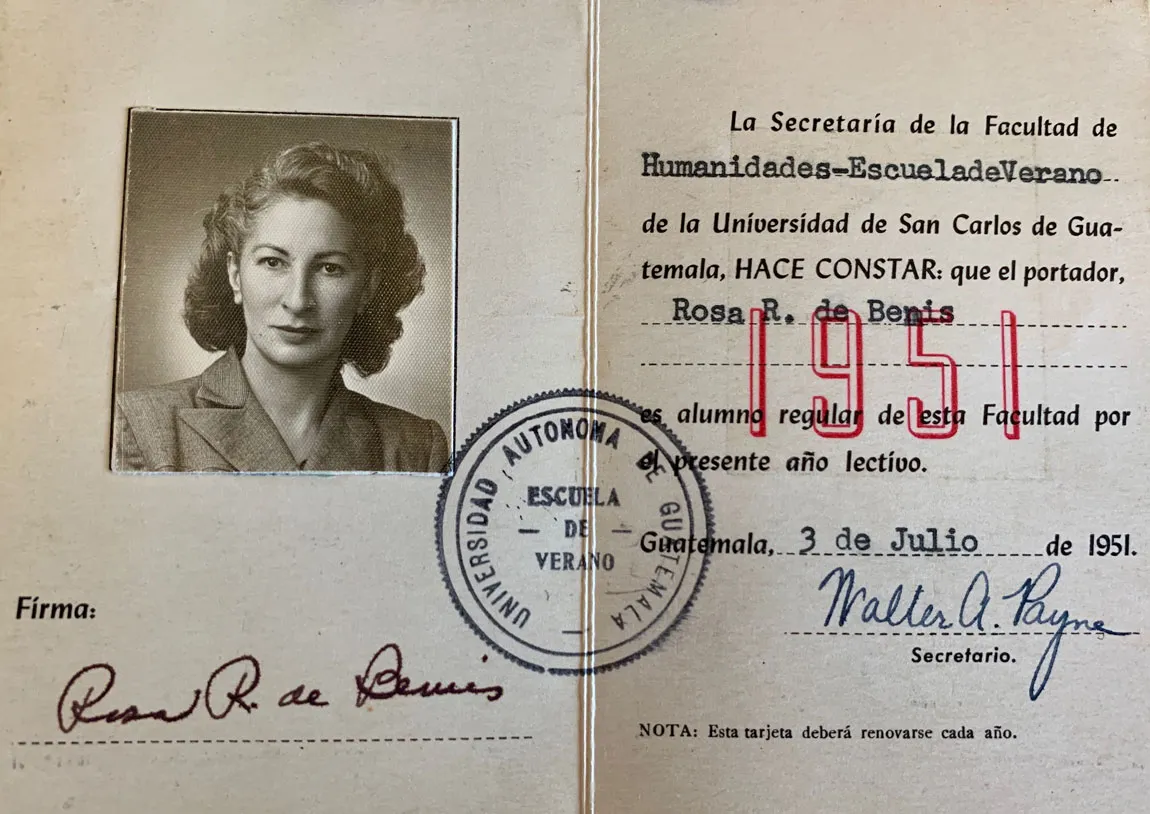López Rodríguez on August 30, 1907,
Luisa Moreno, born Blanca Rosa López Rodríguez on August 30, 1907, was a Guatemalan-American labor organizer and civil rights activist who played a pivotal role in advocating for the rights of working-class immigrants in the United States. Her unwavering commitment to social justice and her tireless efforts to organize and empower marginalized communities left an indelible mark on the labor movement and the fight for civil rights.
Early Life and Education
Moreno was born into a wealthy family in Guatemala City, Guatemala. Despite her privileged upbringing, she was deeply affected by the rampant social and economic inequalities that plagued her country. Disillusioned with the limited opportunities available to women, she sought to challenge the status quo and make a positive impact on the world.
In 1928, Moreno moved to New York City, where she worked as a journalist and became actively involved in the burgeoning labor movement. She witnessed firsthand the harsh realities faced by immigrant workers, who were often subjected to exploitation, discrimination, and unsafe working conditions.
Labor Activism and the Congreso del Pueblo de Habla Española
Fueled by a passion for social justice, Moreno joined the Communist Party in 1930 and became a prominent figure in the Congress of Industrial Organizations (CIO), a labor union federation that championed the rights of industrial workers. She traveled extensively across the country, organizing workers in various industries, including canneries, sweatshops, and agricultural fields.
In 1938, Moreno founded the Congreso del Pueblo de Habla Española (National Congress of Spanish-Speaking Peoples), a landmark organization that brought together Latinos from across the United States to address the unique challenges faced by their communities. The Congreso advocated for better working conditions, fair treatment, and equal opportunities for Latinos.
Facing Repression and Continuing the Fight
Moreno’s outspoken activism and her association with the Communist Party drew the attention of the House Un-American Activities Committee (HUAC), which conducted a series of investigations into alleged communist activities in the United States. Despite facing constant surveillance and intimidation, Moreno remained undeterred, continuing to organize workers and fight for social justice.

In 1942, Moreno played a crucial role in defending the Sleepy Lagoon defendants, a group of young Mexican Americans who were falsely accused of murder in Los Angeles. She organized community support, mobilized legal assistance, and helped expose the discriminatory practices of the Los Angeles Police Department.
Legacy of a Trailblazing Activist
Moreno’s unwavering commitment to social justice and her tireless efforts to organize and empower marginalized communities left an indelible mark on the labor movement and the fight for civil rights. She was a pioneer in advocating for the rights of immigrant workers and Latinos, challenging the status quo and inspiring generations of activists to continue the fight for equality and justice.
Google Celebrated The Start Of Hispanic Heritage
On September 15, 2023, Google celebrated the start of Hispanic Heritage Month by honoring Luisa Moreno, a Guatemalan-American labor organizer, journalist, and activist, with a special Google Doodle. The Doodle, created by Guatemala City-based artist Juliet Menendez, depicted Moreno linking arms with people from the various communities she tirelessly advocated for. It was a fitting tribute to a woman who dedicated her life to fighting for the rights of working-class immigrants and Latinos in the United States.
Moreno was born Blanca Rosa López Rodríguez on August 30, 1907, in Guatemala City, Guatemala. She immigrated to the United States with her family in 1928 and settled in New York City. There, she became involved in the labor movement and witnessed firsthand the harsh realities faced by immigrant workers. In 1930, she joined the Communist Party and became a prominent figure in the Congress of Industrial Organizations (CIO).
Moreno founded the Congreso del
In 1938, Moreno founded the Congreso del Pueblo de Habla Española (National Congress of Spanish-Speaking Peoples), a landmark organization that brought together Latinos from across the United States to address the unique challenges faced by their communities. The Congreso advocated for better working conditions, fair treatment, and equal opportunities for Latinos.
Ending Note :
Moreno’s legacy extends far beyond her contributions to the labor movement and civil rights. She was a role model for women, challenging traditional gender roles and demonstrating the power of women to lead and make a difference in society. She was also a strong advocate for immigrants, recognizing their valuable contributions to the fabric of American society.



